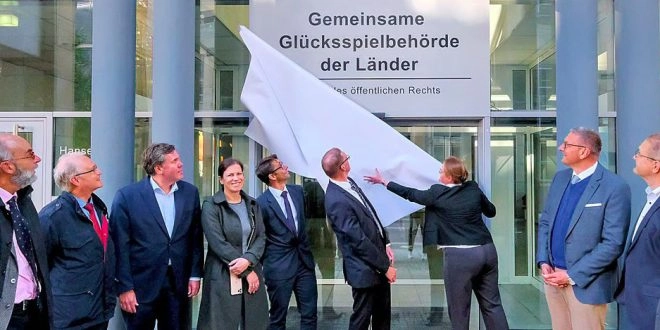Glücksspielbehörde (GGL), the Federal Gambling Authority of Germany, has initiated its legal review of loot boxes and in-game video purchases. In its evaluation, GGL stated its support for the current initiatives aimed at effectively regulating loot boxes to protect children and youth in Germany.
The specifics of loot box reward mechanisms and related activities like skin betting are under scrutiny to determine if they qualify as gambling.
Research will commence with a workshop on February 28, orchestrated by Professor Martin Maties of the University of Augsburg and esports legal expert Dr. Lennart Brüggemann.
Stakeholders were briefed that the event’s goal is to enrich the legal scrutiny of loot boxes within gambling law and elucidate all legal arguments in the ambiguous zone between gaming and gambling. Feedback from this event is expected to provide a robust base for GGL’s decision-making process, with additional expert discussions planned in collaboration with federal states.
GGL asserts that merely categorizing loot boxes as a gambling concern is not exhaustive; it’s crucial to consider additional protective measures implementable by child and adolescent safeguarding agencies. Acknowledging the complexities observed by European regulators regarding loot box law classifications, GGL notes this is a common challenge.
The case of EA Games in 2022, which saw the overturning of a €10 million penalty by the Dutch Gambling Authority (KSA), is recognized. EA’s successful appeal contended that loot boxes in FIFA games are outcomes of competitive play, not chance—a standpoint upheld by the Court of The Hague, influencing other EU member states’ stance on loot box governance.
In conclusion, GGL points out that perspectives on whether loot boxes constitute gambling vary across Europe. The increasing contact of children and youth with gambling-like elements in games, without proper guidance on handling them, is a concern. Experts caution about the risks tied to early gambling exposure.









